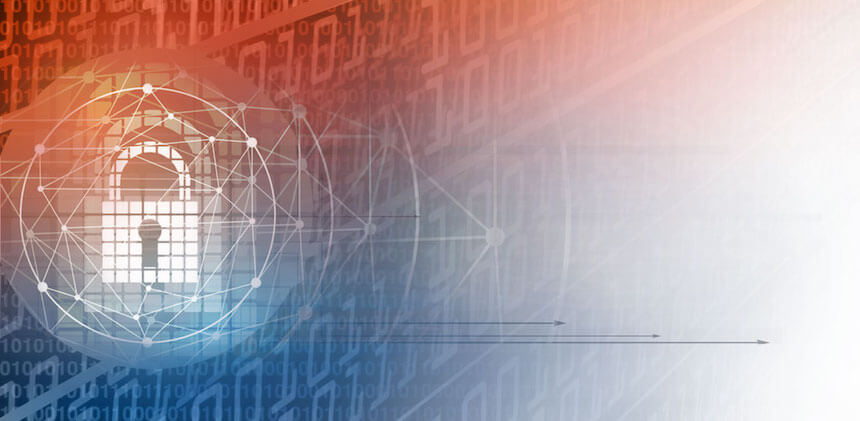 Many Americans don’t feel they personally are at risk of a cyber attack. However, a large majority thinks cyberattacks are becoming more a threat now.
Many Americans don’t feel they personally are at risk of a cyber attack. However, a large majority thinks cyberattacks are becoming more a threat now.
When it’s time to choose a password, many of us will devise something easy to remember. We may pick an anniversary date or mash up the initials and years of several family members. But some may not even get that creative.
Despite all the warnings from IT security experts, the two most popular passwords people use to secure their digital devices and accounts are “123456” and “password.” As the magic keys to digital doors, passwords are the weakest link in cybersecurity, according to Michael Chertoff, former head of the US Department of Homeland Security.
That’s why it’s so surprising to find these two passwords – for the fifth straight year – at the top of the list. But perhaps there’s an explanation: Many Americans don’t feel they personally are at much risk of a cyber attack. In a new ReportLinker survey on cybersecurity, 54% say they feel their data is safe from hackers, even as a large majority (82%) agree cyber attacks are more of a threat now than they were five years ago.
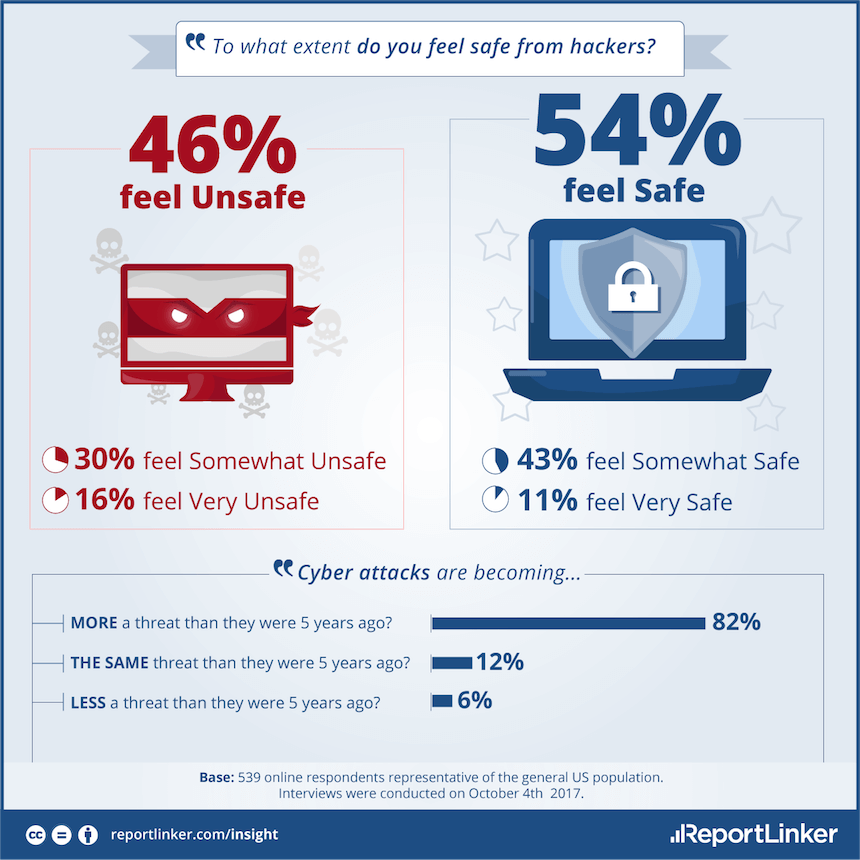
Awareness is on the rise largely because of several high-profile corporate data breaches, including ones at Sony and Yahoo. More recently, ransomware took down San Francisco’s transport system, with hackers demanding an estimated $70,000 to release computers at the city’s Municipal Transportation Agency. Although the system came back online within a few hours, the extortionists threatened to leak stolen data, including employee and customer information if they weren’t paid.
But it’s not just corporate servers at risk. The Internet of Things (IoT) – and all our connected devices – are potential conduits for a cyber attack. In October, internet service provider Dynamic Network Services suffered a denial of service (DDoS) attack by hackers using Mirai, a network of internet-connected devices such as security cameras and DVRs. Twitter, Spotify, and Netflix – as well as their customers – were among those affected.
The US Federal Bureau of Investigation believes such attacks on IoT devices will continue. Yet, in ReportLinker’s survey, US respondents mentioned smart devices only 9% of the time as being most vulnerable to cyber attacks. Rather, respondents believe desktops/laptops (59% of mentions) and smartphones (25% of mentions) are more vulnerable.
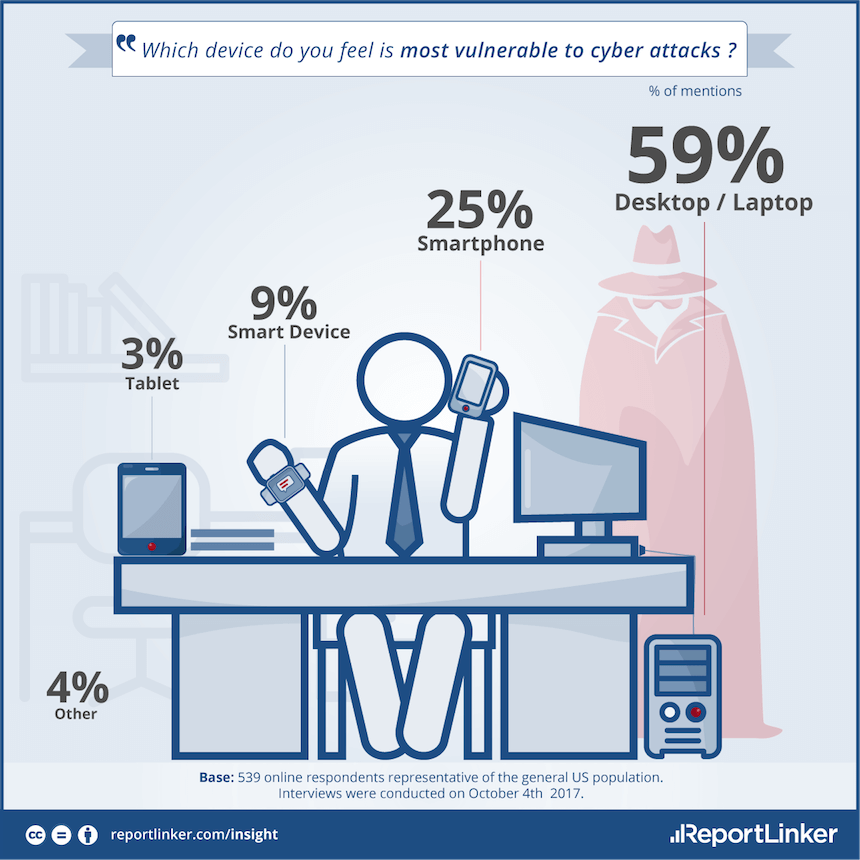
One reason Americans may feel somewhat less threatened by hackers is their perception of who is at risk. More than a third of survey respondents – 17% – believe hackers mostly target the government, while 35% believe corporations are the primary targets for hackers. For the majority (47%) individuals remain the most frequent target.

Even so, as Americans share more information across the internet, the risk of having personal data hacked increases. More people are using cloud storage and file-sharing services, even though one in four Americans say they don’t use these services at all. Google Drive and Apple iCloud are the most popular services, ReportLinker found.
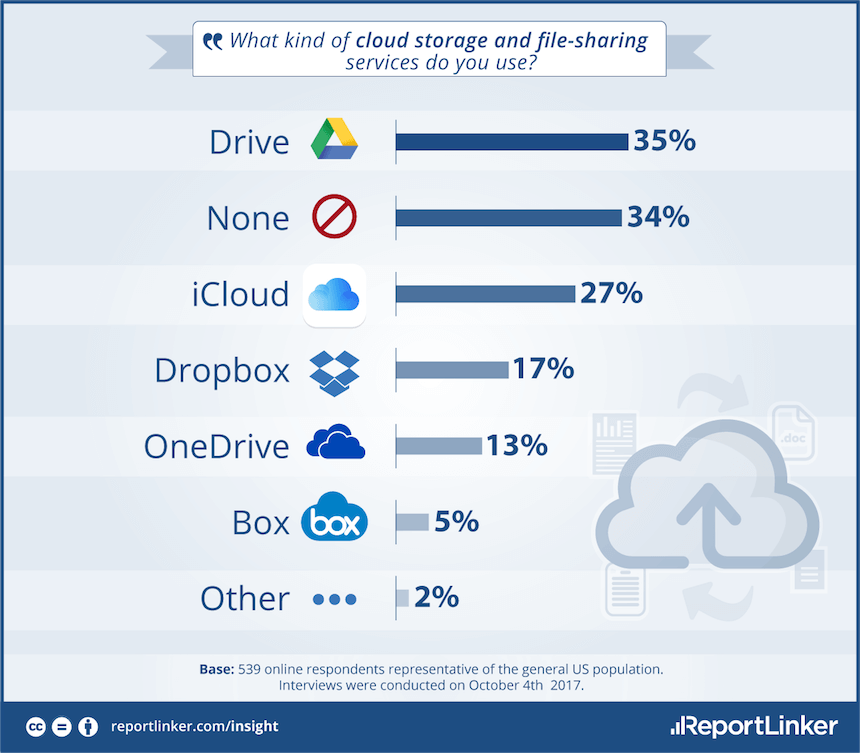
With more information in the cloud, however, privacy becomes a greater concern. Americans do take steps to protect their personal information from hackers and cyber attacks, but perhaps not enough. 78% of US respondents say they use encryption or privacy tools, while the rest say they don’t bother. That’s an important change (+12 pts) comparing to Reportlinker previous survey conducted in November 2016, that showed about two-thirds of Americans (66%) were using such tools.
And many seem to prefer simple solutions. Strong passwords and changing passwords are the privacy tools mentioned most frequently by US respondents to ReportLinker’s survey.
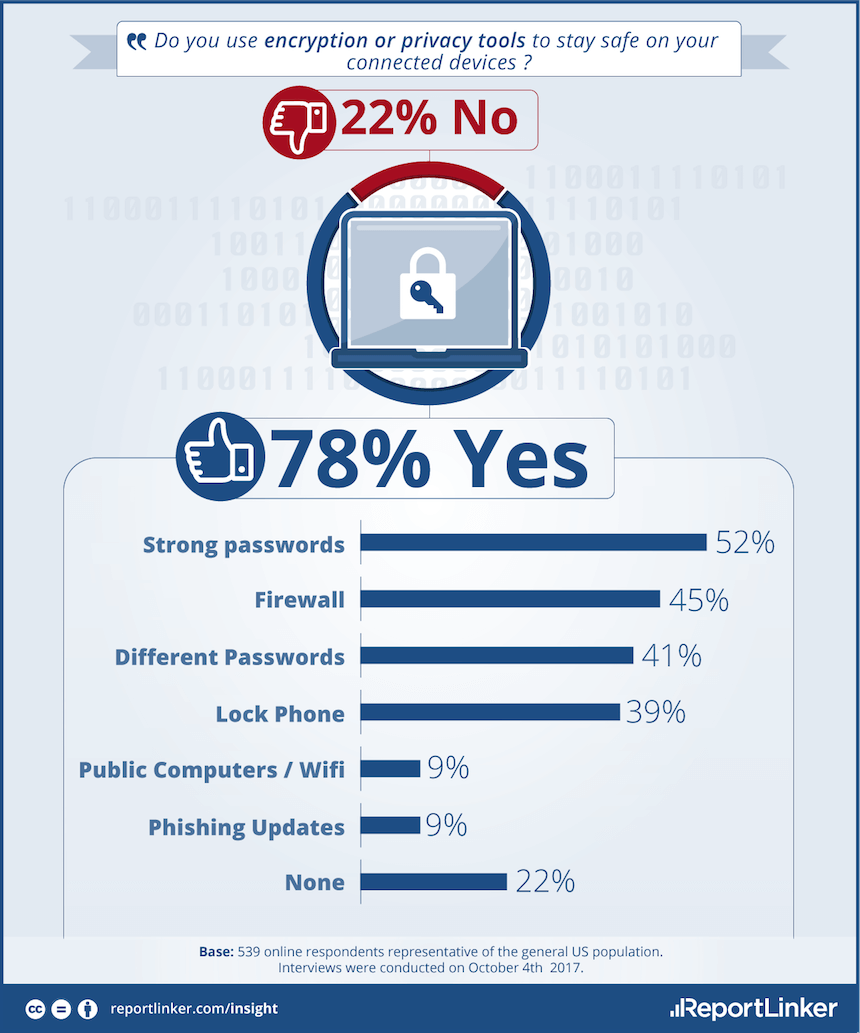
Americans also must decide how to react to government surveillance programs. If, as is expected, Trump expands these powers, Americans will be subject to an even greater loss of privacy, something whistleblower Edward Snowden warned about when he leaked classified government documents to the media about the National Security Agency’s data collection program.
As cyber risks increase, it’s clear Americans will need to do more to protect themselves. One place to start? Change your “password.”
This survey conducted by ReportLinker reached 539 online respondents representative of the US population. Interviews were conducted on October 4th 2017.


